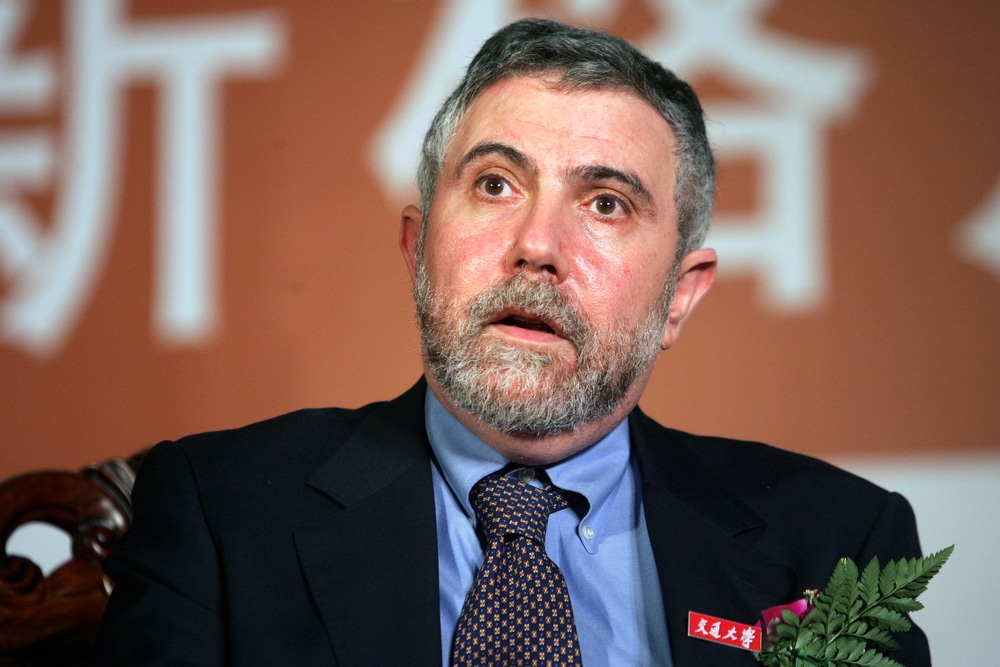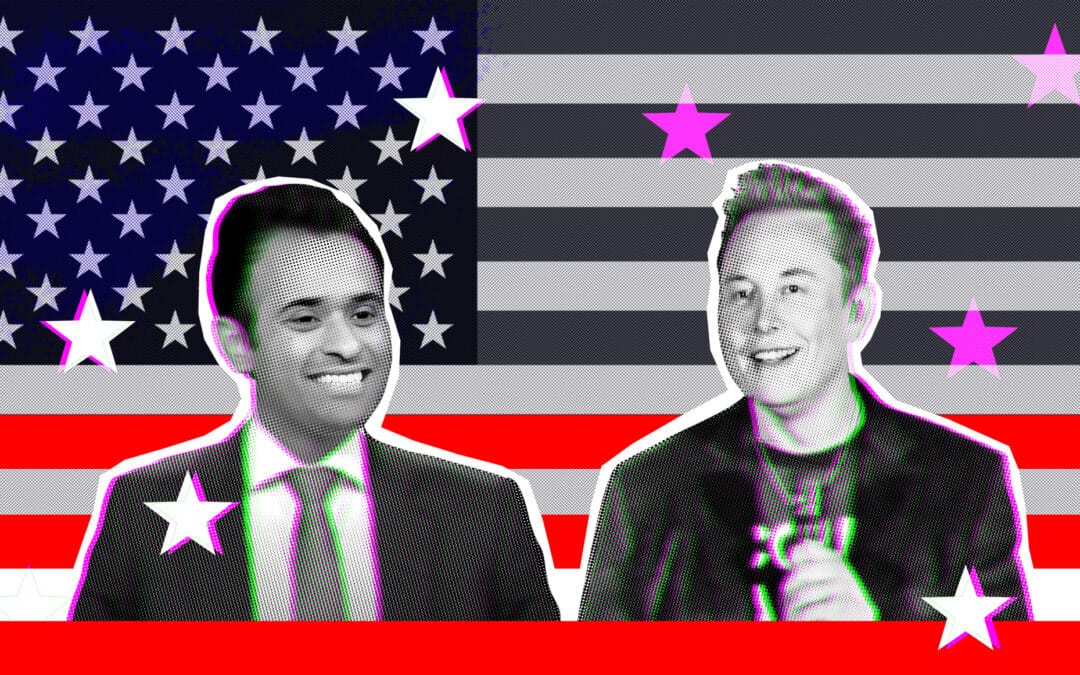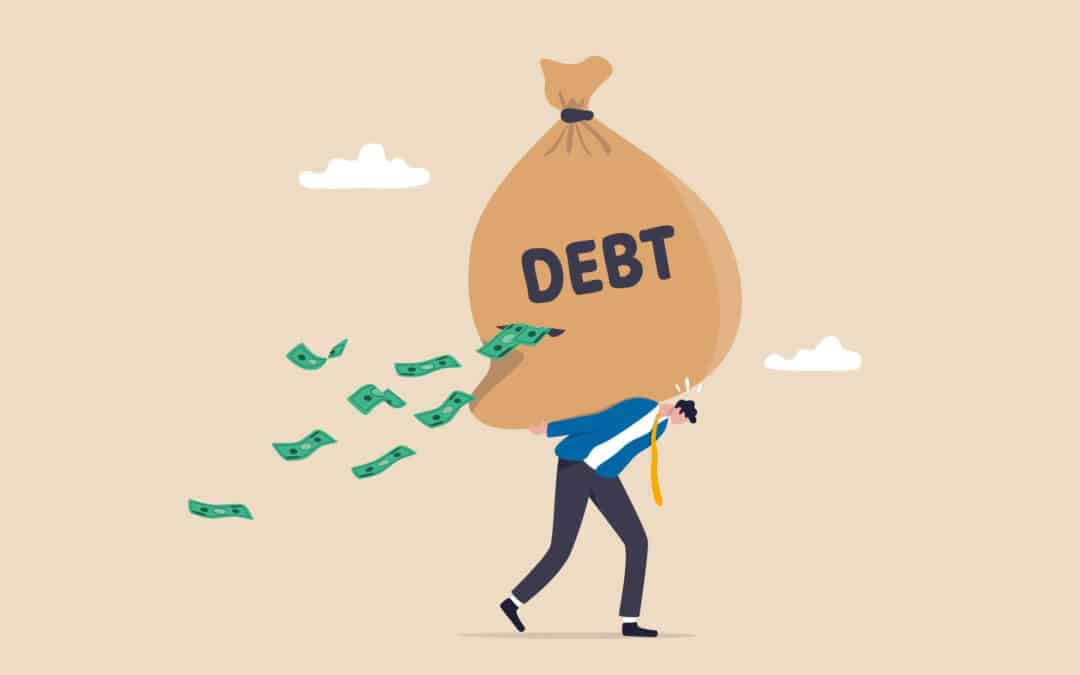As the U.S. Congress continues to ignore the need for real fiscal discipline, kicking the can down the road again with yet another continuing resolution (CR), it is worth revisiting what two of the greats of the Austrian School had to say regarding the question of the national debt. Drawing on the writings of both Ludwig von Mises and Murray Rothbard, one finds the case against the national debt rests on economic, moral, and political arguments. Mises and Rothbard emphasize that government borrowing is a form of intervention that distorts the natural allocation of capital. In Human Action,...

















